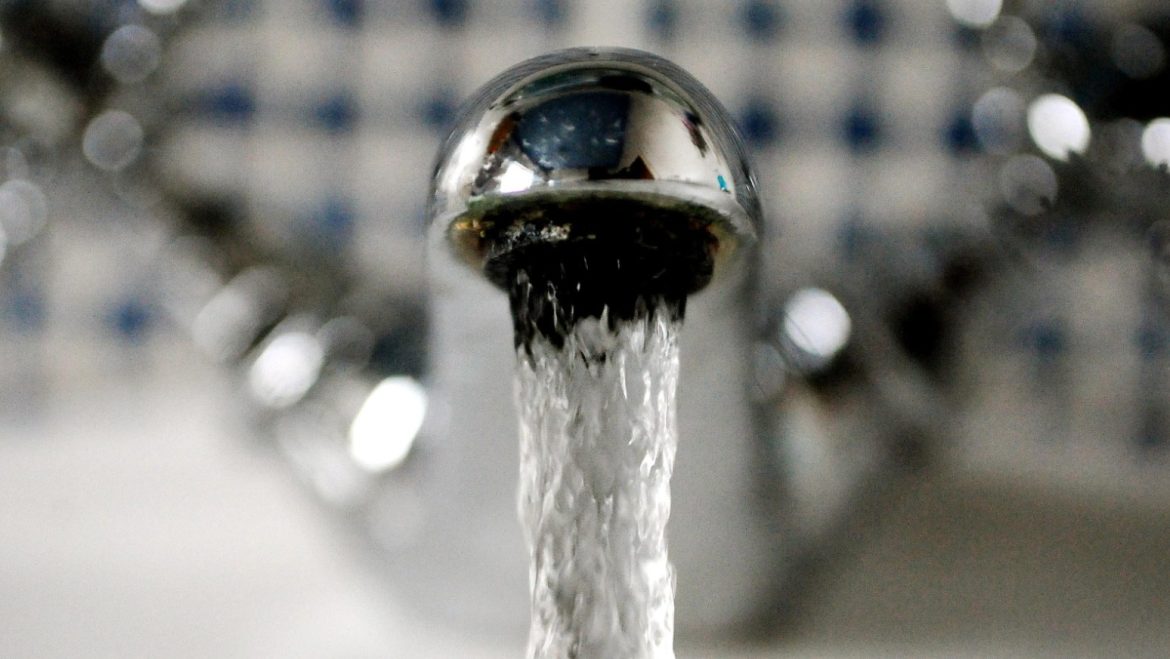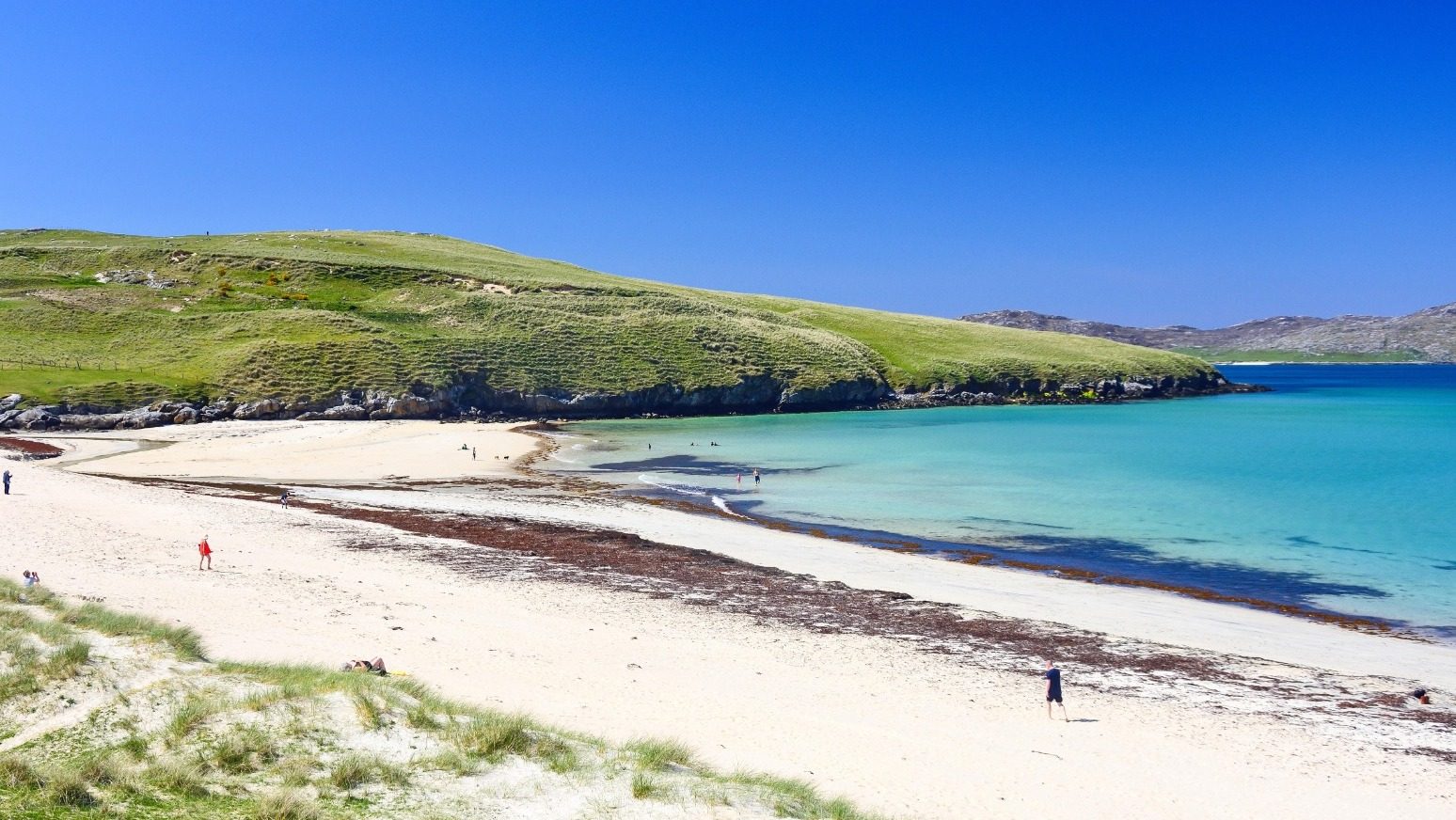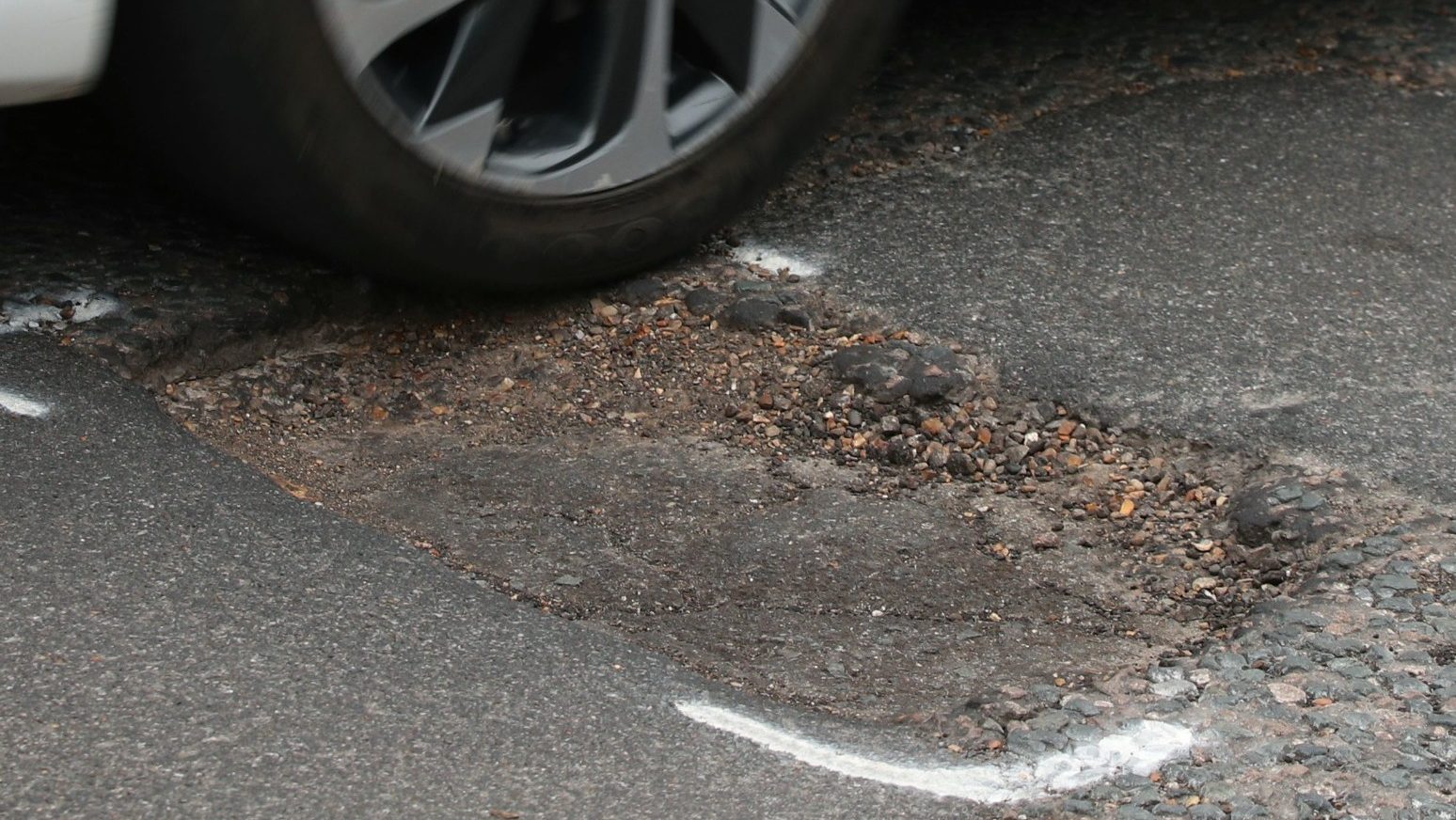Household water bills in England and Wales will increase by an average £31 a year over the next five years, regulator Ofwat has announced.
The increase is significantly higher than the expected average rise of around £20 a year per household, outlined in the regulator’s draft proposals in July.
Ofwat said the increase would pay for a £104 billion upgrade of the water sector to deliver “substantial, lasting, improvements for customers and the environment”.
However, despite the average £31 a year increase figure, households will face a heavy average hike of £86 or 20% in the next year, excluding inflation, with smaller percentage increases in each of the next four years.
The average bill will rise by a total of £157 or 36% over the next five years.
Some firms have been allowed significantly higher increases. Southern Water customers will face a 53% increase and Severn Trent households will see their bills rise by 47%, before inflation.
DWr Cymru and Hafren Dyfrdwy have both been allowed to charge 42% more, while Yorkshire Water bills will rise by 41%.
Ofwat chief executive David Black said: “Today marks a significant moment. It provides water companies with an opportunity to regain customers’ trust by using this £104 billion upgrade to turn around their environmental record and improve services to customers.
“Water companies now need to rise to this challenge, customers will rightly expect them to show they can deliver significant improvement over time to justify the increase in bills.
“Alongside the step up in investment, we need to see a transformation in companies’ culture and performance. We will monitor and hold companies to account on their investment programmes and improvements.
“We recognise it is a difficult time for many, and we are acutely aware of the impact that bill increases will have for some customers. That is why it is vital that companies are stepping up their support for customers who struggle to pay.
“We have robustly examined all funding requests to make sure they provide value for money and deliver real improvements, while ensuring the sector can attract the levels of investment it needs to meet environmental requirements.
“This has seen us remove £8bn of unjustified costs compared with companies most recent requests. In addition, our approach to setting a rate of return has saved customers £2.8 billion.”
Ofwat said it had cut Southern Water’s requested increase by £126 (16%), Thames Water’s by £79 (12%), Hafren Dyfrdwy’s by £73 (12%) and Wessex Water’s by £44 (7%).
Environment Secretary Steve Reed said: “Under the Conservatives, our sewage system crumbled. They irresponsibly let water companies divert customers’ money to line the pockets of their bosses and shareholders.
“The public are right to be angry after they have been left to pay the price of Conservative failure.
“This Labour Government will ringfence money earmarked for investment so it can never be diverted for bonuses and shareholder payouts. We will clean up our rivers, lakes and seas for good.”
The Consumer Council for Water (CCW) warned the increases were “more than what many people can afford”.
CCW chief executive Mike Keil said: “These bill rises may be less than what water companies wanted but they are still more than what many people can afford.
“Customers will be hit particularly hard from April with a large chunk of these increases frontloaded into next year – on top of inflation.
“We know at least two in five households will find these increases difficult to afford but the support being offered by some water companies lacks ambition.
“People want to see more investment, but this must be coupled with a strong safety net for customers who will struggle to pay.
“The case for a single social tariff to end the current postcode lottery of support has never been more compelling.”
Tom MacInnes, director of policy at Citizens Advice, said: “These price rises will hit many households hard. While it’s encouraging to see help for customers increasing, the current dysfunctional approach to bill support in this industry means that people will continue to miss out.
“We found that more than two fifths (42%) of those likely to be eligible aren’t aware that water social tariffs exist. The Government and suppliers must work together to ensure that no one is missing out on the support they’re entitled to.”










